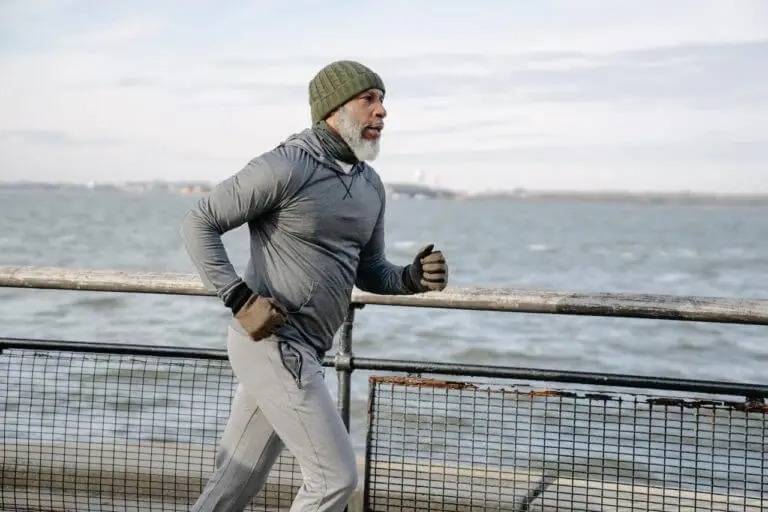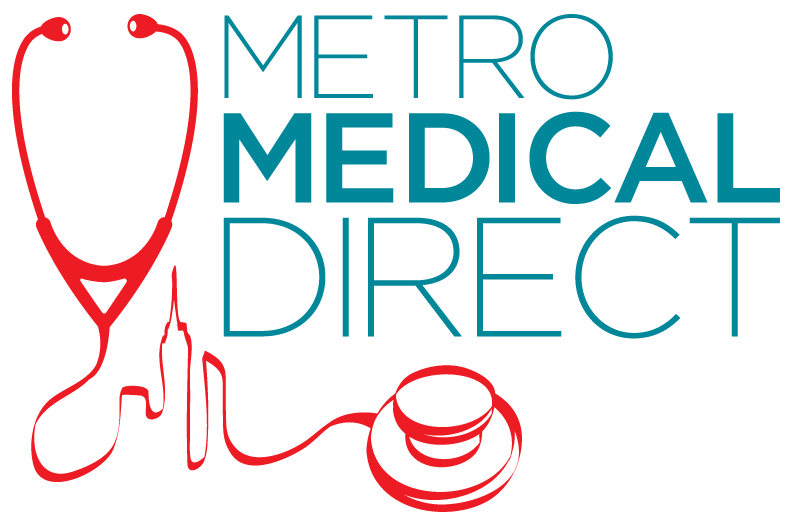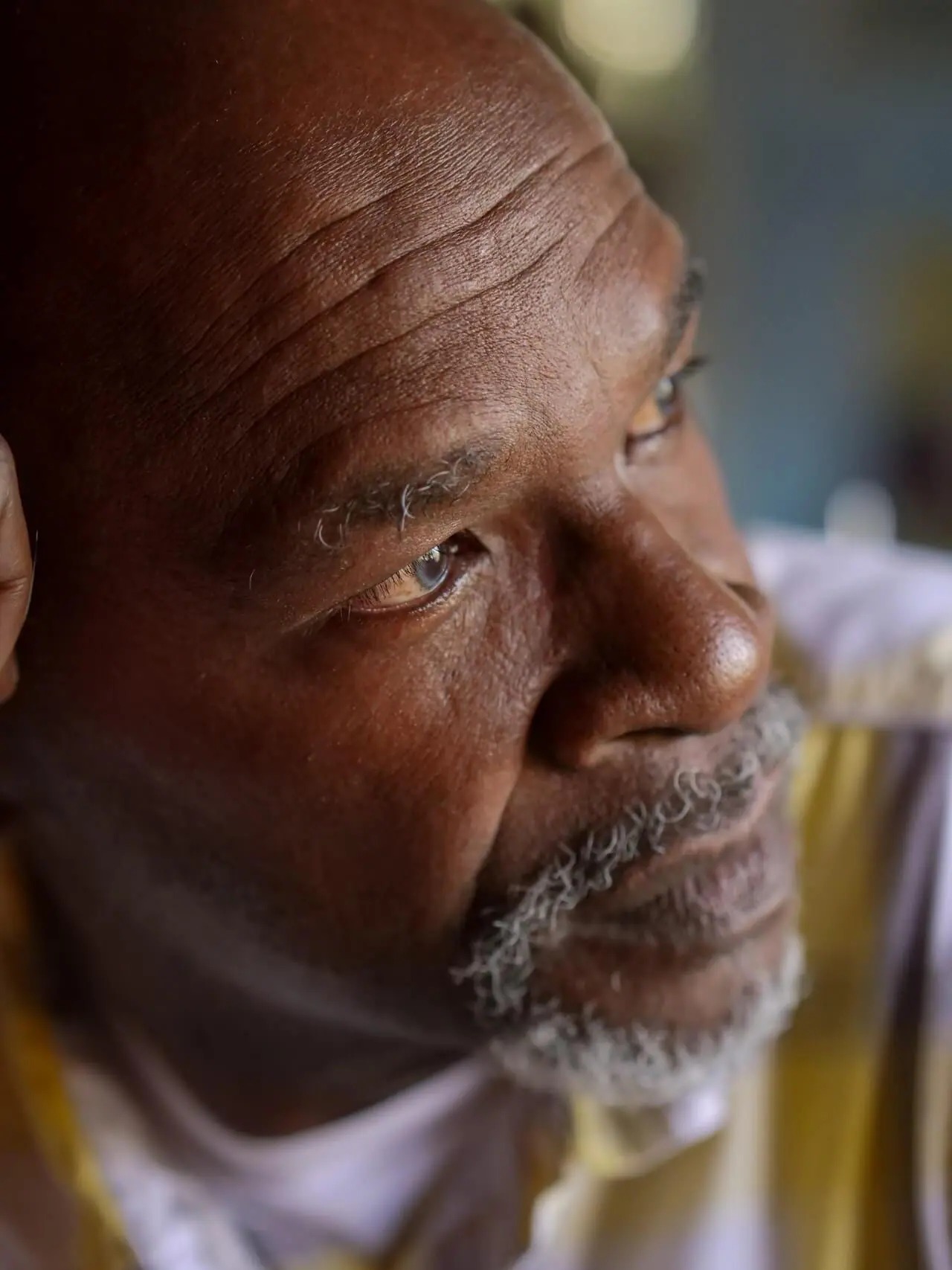By Dr. Raymond Zakhari, NP
A successful money manager oversees over a billion dollars in assets. He’s used to a fast paced workplace that requires his quick thinking. Lately he’s had trouble making those quick decisions. A successful real estate developer is having memory issues. He finds himself forgetting important phone numbers that he’s known for years. A tenured college professor stops to read his notes. He searches for the right words while giving a lecture. What do these professionals all have one thing in common? A diagnosis of dementia. Whether through the prompting of a friend or loved one, they all realized something was wrong. Each quietly reached out to my company for a consultation. They were hoping to hear their issues were medically reversible.
The Reality of Dementia
Many people believe dementia means rapid decline, withdrawal, and a life of isolation. The reality is dementia is a spectrum disorder. It manifests different symptoms in response to environmental situations. Early diagnosis helps inform expectations and provides a road map of what to do and when to do it.
Many with dementia are still living in their communities doing their usual activities. One of the main reasons they can do this is because they have a high degree of psychological reserves. this is due to a rich life of meaningful experiences. The love of learning is a fantastic way to combat dementia, as is embracing the challenges of daily life. This tends to enhance mental resilience. Cultivating relationships with friends and family throughout one’s life is also helpful. It increases the likelihood of having a supportive social network.

The Importance of Exercise to Combat Dementia
Consistent exercise combining strength and flexibility enhances physiological reserves later in life. Neglecting to address physical fitness can lead to injury. It also can hasten mental decline (Kramer et al. 2020). Physical activity is important for cognitive and sexual function. Exercise increases blood flow. This can reduce inflammation, increase brain function, and improve sexual health.
So, how much exercise should you get:
-
Adults should engage in at least 150 minutes of moderate-intensity aerobic activity. That’s two and a half hours a week (eg, walking, hiking). Or you could do 75 minutes of vigorous-intensity aerobic activity each week. (eg, running, biking, or swimming)
-
Adults should also engage in muscle-strengthening and flexibility activities (eg, pilates or yoga). Make sure it’s exercises that work all major muscle groups on two or more days a week.

How Retirement and Dementia Can Conflict
One of the most common accelerators of mental decline is an unplanned retirement. The challenges of work causes your brain to remain active and engaged in problem solving. Retiring to an all-leisure life can be devastating to the brain. When nothing’s expected of you and there are no challenges to overcome. Certain parts of the brain are no longer used. It’s important to stimulate the brain with meaningful exercises. This is an excellent way to preserve brain function (Park et al. 2019).
Effectively treating underlying depression or anxiety is essential for brain health. These conditions can entrench cognitive distortions. This makes it difficult to learn and apply new information. A study, published in the Lancet sheds light on this. People who received early treatment for depression reduced their risk of developing dementia by 30%. (Ballard et al. 2017).
People can retain and improve their cognitive abilities despite a declining memory. One suggestion intead of retirement is to consult or work part-time in their previous vocation. A diagnosis of dementia is a barrier but it does not mean you can’t still live fulfilling life. By following the tips above, people with dementia can continue to live independently. And they can still engage in meaningful activities. With the right support, they can thrive despite their condition.
How Metro Medical Direct Can Help
If you are worried about your self or a loved one request a confidential consultation with me. You are not alone. One of the best ways to evaluate dementia is in the person’s home.Dr. Raymond Zakhari is a triple-board-certified nurse practitioner and provides comprehensive primary healthcare. His company Metro Medical Direct provides house calls to Manhattan and surrounding areas. He also offers Telehealth appointments.
So, call Doctor Zakhari at Metro Medical Direct at (917) 484-2709 or request an appointment online. You’ll be happy you took that first step to a new kind of care experience.
Also, check out Doctor Raymond Zakhari’s Podcast The Psychology of it All here. Also available on Apple Podcasts.
References:
Ballard, C, Gauthier, S, Brooks, D, et al. (2017). Dementia prevention, intervention, and care: A global imperative. The Lancet, 390(10100), 2673-2734. doi:10.1016/S0140-6736(17)31363-6
Kramer, A. F, McAuley, E, Colcombere, S, Elavsky, S, & Kramer, I. B. (2020). Physical activity, cognition, and brain outcomes: A review of the 2018 Physical Activity Guidelines. Medicine & Science in Sports & Exercise, 52(6), 1299-1310. doi:10.1249/MSS.0000000000002238
Park, J., Kim, S.-E., Kim, E.-J., Lee, B. I., Jeong, et al. (2019). Effect of 12-week home-based cognitive training on cognitive function and brain metabolism in patients with amnestic mild cognitive impairment. Clinical Interventions in Aging, 14, 1167-1175. doi:10.2147/CIA.S200269


0 Comments